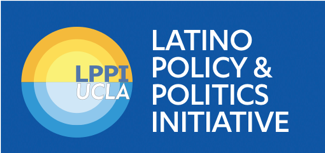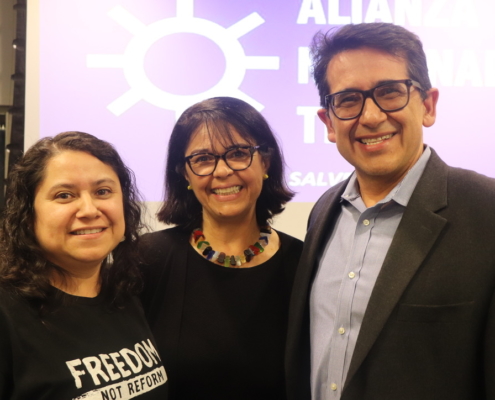Posts

UCLA LPPI Brief Finds L.A. Black & Latino Neighborhoods Lack Resources During Safer-at-Home Order
On May 19, 2020, UCLA's Latino Policy and Politics Initiative,…

Transnational Struggle, Survival, and Resistance: Exploring the Intersectionalities of Central American Migrants
By Bryanna Ruiz and Amado Castillo, UCLA Latino Policy &…

Professional Development through Networking in the Bay Area
By Amado Castillo and Eduardo Solis With over 1,000 organizations…

